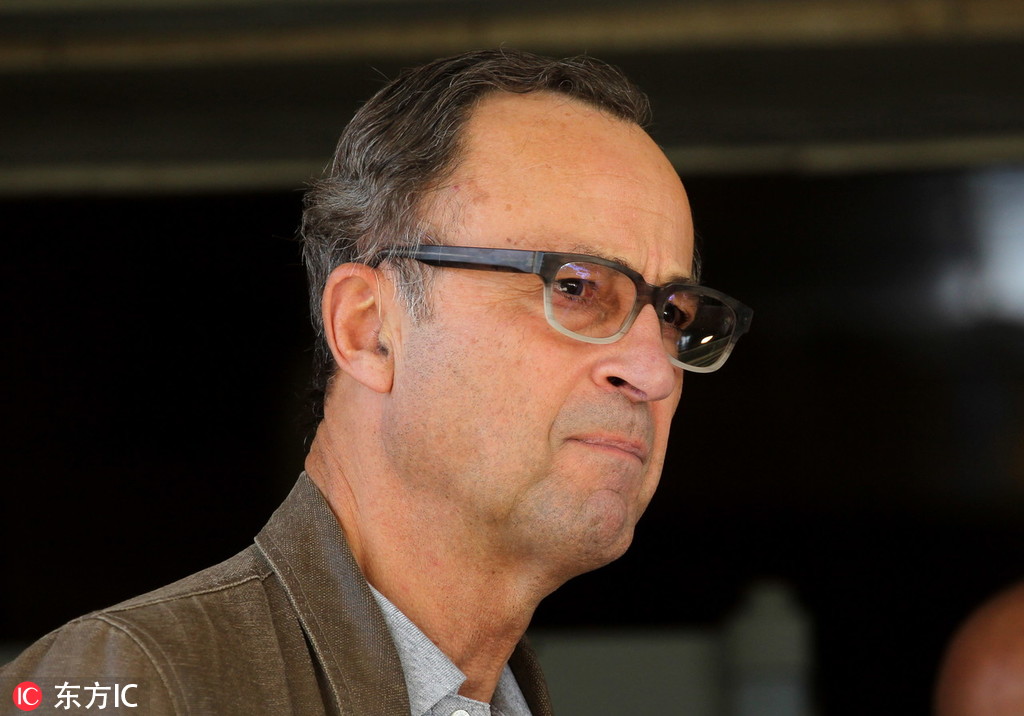UN says chief truce monitor in Yemen safe after shooting
Updated: 2019-01-18 00:38

AMMAN, Jordan — The UN spokesman said Thursday that the head of the world body's mission charged with monitoring a cease-fire and the withdrawal of rival forces from Yemen's city of Hodeida and his team were safe following a reported shooting incident in the Red Sea port.
The spokesman, Stephane Dujarric, said the United Nations is seeking details of the incident involving retired Dutch Maj. Gen. Patrick Cammaert and his staff. Reports said the incident took place while Cammaert was in a vehicle heading to a meeting in Hodeida.
Cammaert has been in Hodeida since late December trying to get the internationally recognized government and the Shiite rebels known as Houthis to strengthen a cease-fire agreed to in Sweden Dec 13 and agree to arrangements for the redeployment of their forces.
A rebel spokesman, Yania Sarie, denied media reports that the rebels opened fire on Cammaert and his team. He said workers trying to remove barricades to allow Cammaert and his team to cross into the part of Hodeida controlled by government forces came under fire.
Reports of Cammaert coming under rebel fire were broadcast by television networks owned by or loyal to Saudi Arabia and the United Arab Emirates, a key alliance member.
Separately, representatives of Yemen's warring sides met in Jordan for a second day Thursday for talks on implementing a prisoner exchange also agreed to in Sweden.
The office of UN envoy Martin Griffiths has described the two-day meeting between the rebels and the government as a "technical one." The International Committee of the Red Cross was also attending, and a closing statement was expected later in the day.
Human Rights Watch, meanwhile, urged the international community to pressure both sides to exercise restraint and stop selling weapons to Saudi Arabia, which leads a coalition fighting on the side of the Yemeni government.
"Governments around the globe can either do nothing while millions sink closer toward famine or use the leverage at their disposal to press the warring parties to end their abuses and impose sanctions on those obstructing aid," said Sarah Leah Whitson, Mideast and North Africa director at the New York-based watchdog.
Yemen, the poorest Arab country, plunged into civil war in 2014, when the rebels captured the capital, Sanaa. A Saudi-led coalition intervened a year later, fighting alongside government troops and conducting an air campaign.
The fighting has taken a terrible toll on civilians, with thousands killed and a catastrophic humanitarian crisis underway. Millions suffer from food and medical care shortages and the country has been pushed to the brink of famine.
In Sweden in December, the two sides agreed to confidence-building measures, including the exchange of thousands of prisoners. But the implementation of that deal has been slow and marred by violence.
AP
























